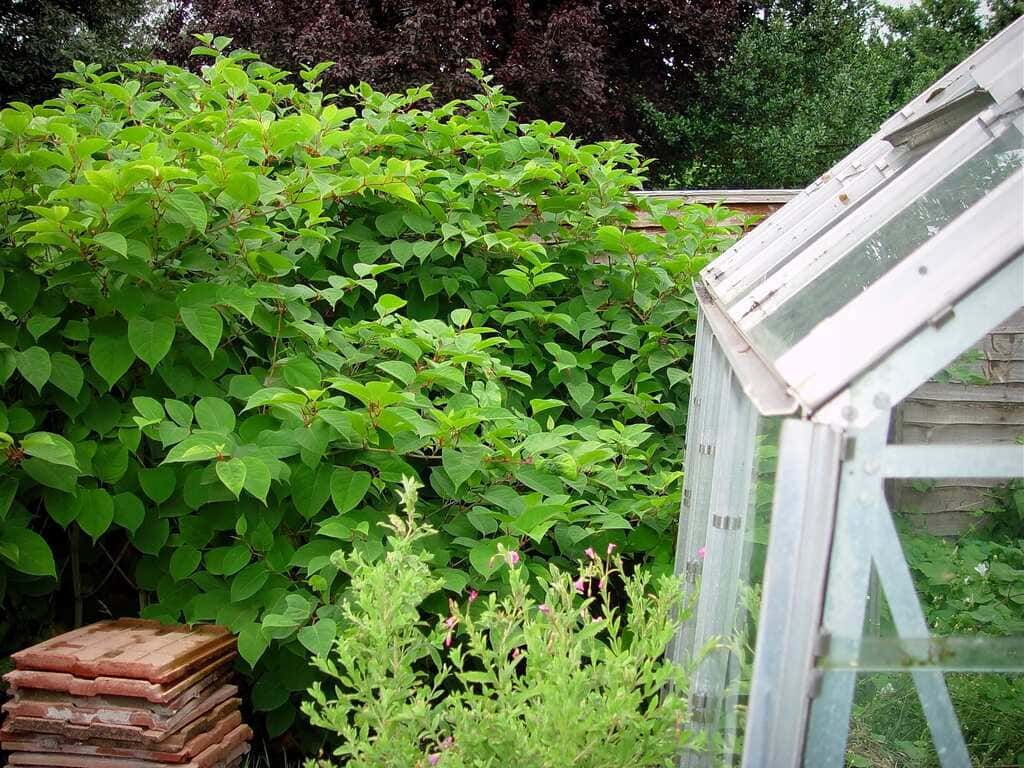
Japanese knotweed has a reputation as an aggressive, noxious weed, and it’s well-deserved deserved reputation comes from its growth patterns, extending up to 3 feet (1 m.) every month, sending roots up to 10 feet into the earth. However, this plant isn’t all bad because certain parts of it are edible.
Disclaimer
This article by CYB Environmental seeks to provide insight in the prospects of potentially eating Japanese Knotweed, as research, as well as trial and error, shows that parts of the plant are edible. However, this article is solely for theory and should be taken with an imaginary context. Before consuming Japanese Knotweed, be sure to contact your doctor or do your own research.
About Eating Japanese Knotweed
If you’ve ever wondered, “is Japanese knotweed edible,” then you’re not alone. There are actually a number of “weeds” that can be useful in this way. The stems of Japanese knotweed have a tart, citrusy flavor, much akin to rhubarb. Better yet, it is a rich source of minerals, including potassium, phosphorus, zinc, and manganese, as well as vitamins A and C.
Before you gather an armload of Japanese knotweed, however, it’s important to know that only certain parts are safe to eat, and only during certain parts of the year. It’s best to gather shoots when they’re tender in early spring, generally under about 10 inches (25 cm.) or less. If you wait too long, the stems will be hard and woody.
Methods Of Preparing Japanese Knotweed
So how can you eat Japanese knotweed? Basically, you can use Japanese knotweed any way you would use rhubarb and the shoots are interchangeable in recipes for rhubarb. If you have a favored recipe for rhubarb pie or sauce, try substituting Japanese knotweed.
You can also incorporate Japanese knotweed into jams, purees, wines, soups, and ice cream, to name just a few. You can also combine Japanese knotweed with other fruit such as apples or strawberries, which complements the tart flavor.
Further Disclaimer About Japanese Knotweed
The contents of this article are for educational and gardening purposes only. Before using or ingesting ANY herb or plant for medicinal purposes or otherwise, please consult a physician, medical herbalist, or other suitable professional for advice.
For further information on Japanese Knotweed and the possibilities of removing it from your garden completely, be sure to contact our experts at CYB.

